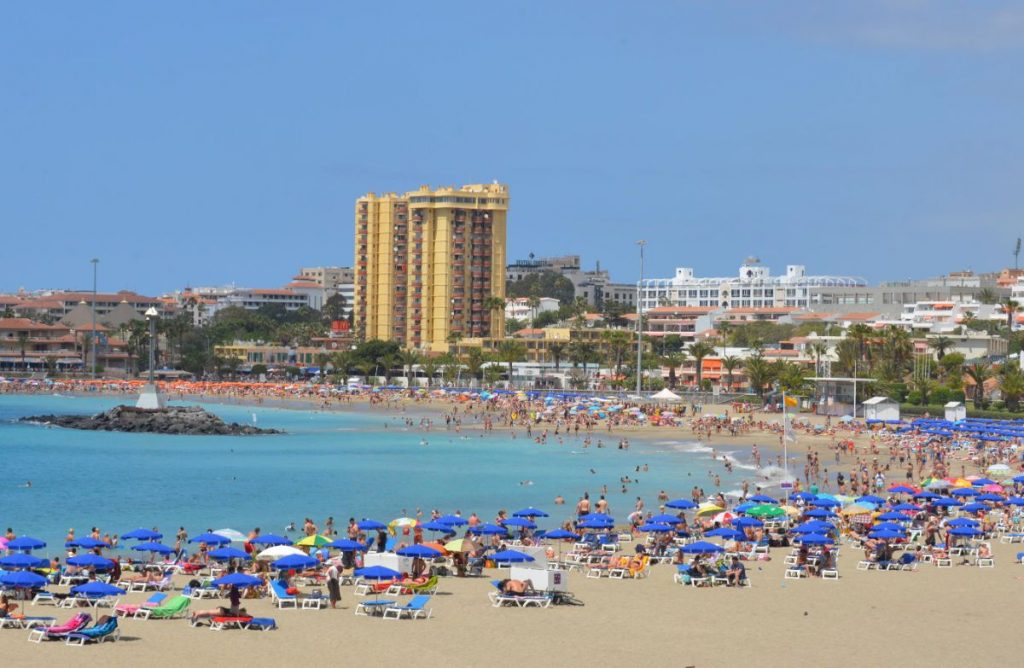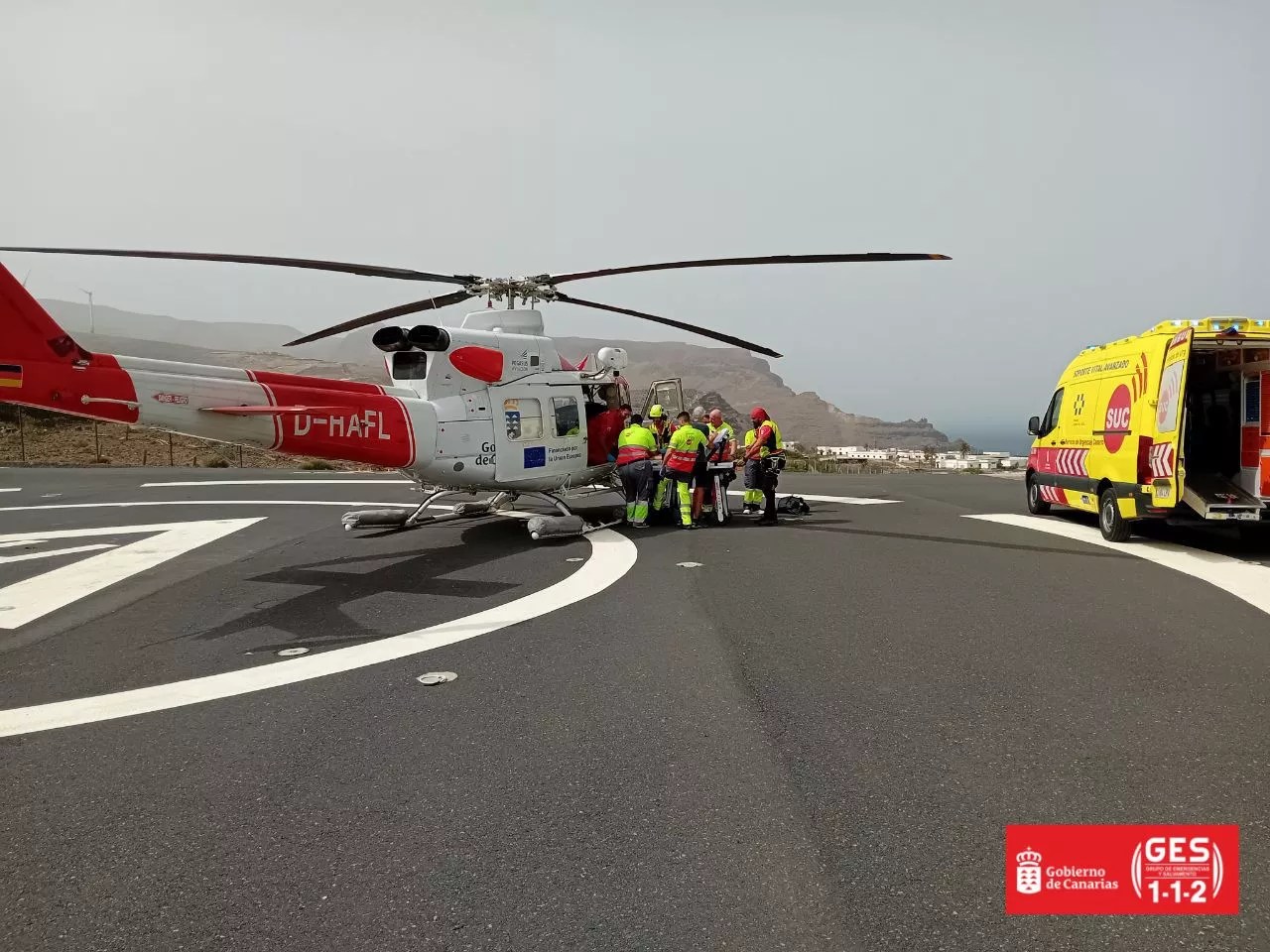
The mayors of the main tourist municipalities in the south of Tenerife celebrate the high hotel occupancy, with figures that are already close to those registered in the autumn-winter season of 2019, the year before the pandemic, but they do not hide their concern about the consequences of the rebound of COVID-19 infections in Spain and, above all, in the United Kingdom and Germany, countries from where the largest flow of tourists who land on the island comes from. This has been expressed to this newspaper by the mayors of Adeje, Arona, San Miguel de Abona, Santiago del Teide and Guía de Isora.
José Miguel Rodríguez Fraga, Adejero councilor and new president of the Alliance of Tourist Municipalities of Spain, appeals to prudence and a calm analysis of the situation. “The current figures are very good, magnificent, which shows that we are a strong and prepared destination. We know that as soon as all the circumstances occur, the recovery will be quick, but we must not raise the bells to the flight ”.
The councilor did not hide his concern about the uncertainty generated by the new wave of infections that runs through Europe and was in favor of “establishing all possible health security measures and demanding that they be complied with, especially in areas of greatest risk.”
For José Julián Mena, mayor of Arona, the key lies in the “recovery of the health security of our source markets, especially the United Kingdom”, a country that contributes almost half of the tourists who come to Arona. Mena underlined the “good prospects” for the sector “at least until next summer,” as stated in the World Travel Market.
But the specter of the pandemic threatens. “We are concerned about the evolution in Europe,” he remarked. In this sense, he stressed “how well the vaccine has worked in Spain as an element of health security”, which is why he considers it “essential” that vaccination is spread throughout the European continent.
Arturo González, councilor of San Miguel de Abona, describes the current tourist moment as “hopeful” after almost a blank year. “After such a long time of paralysis, we are excited to see how the occupancy of beds in hotels and non-hotel establishments has grown”.
But, like the rest of his counterparts in the region, he keeps a watchful eye before the advance of the virus. “The situation in Europe is very complicated and we must prevent,” so he was in favor of “requiring the COVID-19 certificate to enter the airports and accommodations in the Archipelago.”
Emilio Navarro, mayor of Santiago del Teide, warns of the consequences of a tourist de-escalation and the impact it would have on small and medium-sized companies. “I never thought that we were going to have such a rapid tourist recovery, but it is true that it has not yet been noticed so much in small and medium-sized companies, that a step back can not be allowed due to the increase in infections”. In his opinion, “the hotel plant could perhaps bear it, but many of the small establishments that are beginning to recover and open their doors would have to close permanently.” Navarro insists that the best measure is individual responsibility, in addition to controls at ports and airports. “Let no one forget that COVID-19 is still there.”
For Josefa Mesa, mayoress of Guía de Isora, tourist expectations for the rest of the winter season are “favorable”, but she asks “to work more” to raise awareness about the importance of the vaccine.
“Right now it is the only alternative we have not only to save lives, which is the main thing, but also to save our economic and social situation,” said the Isorana councilor, who trusts that the high vaccination rate in Spain “can sustain “The pandemic, but demanded” more controls to know who is vaccinated and who is infected. ”
















